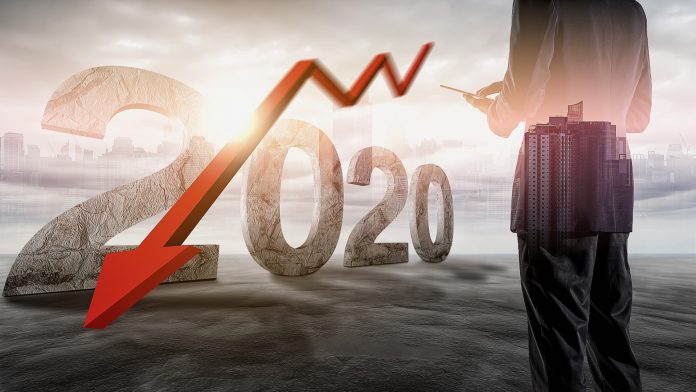And Goldman Sachs’ new recession model estimates that the chance of a recession happening in the next year is less than 25%.
Median economic forecasters currently estimate the probability of a recession in 2020 at 35%.
So how does one recession tracker estimate a 24% chance of recession in 2020 and how does another estimate a 35% chance of recession in 2020?
According to Goldman Sachs’ chief economist Jan Hatzius, “We see several reasons why standard models – and thus forecasts – may be overestimating recession risk at present.” Some of those “several reasons” include highlighting the significance of the inverted yield curve (an inverted yield curve is considered to be a reliable harbinger of recessions) and that increasing unemployment rates often spark inflation.
Additionally, Hatzius said, “Even fewer models allow explicitly for structured changes in the economy that affect both the frequency of recession and its drivers.”
Hatzius believes that, currently, low unemployment is not triggering inflation as usually happens when the economy is overheated by low unemployment. He also believes that focusing on the short-end spread of the yield curve and minimizing the influence of the longer portion of the curve means that the yield curve is not as significant today as it has been in the past.
Hatzius does, however, give a nod to the importance of the yield curve by saying, “This (the yield curve) is up significantly over the past year, mainly because of a flatter yield curve and weaker current growth. However, it (the yield curve) remains below the probability estimates of the median forecaster and reinforces our view that the risk of recession remains moderate.”
Meanwhile, the S+P hit an all-time high on October 28 as earnings results in the last two weeks signaled that recession was less a concern. And the, on Halloween, the market slid -200 points due to Hong Kong entering recession.
Thanks to CNBC’s Olivia Raimonde for source data.
Also read: New Study: 36% of Homebuyers Anticipate Recession in 2020, Four Reasons to Buy Before 2020, Residents Moving from Too Expensive California

























